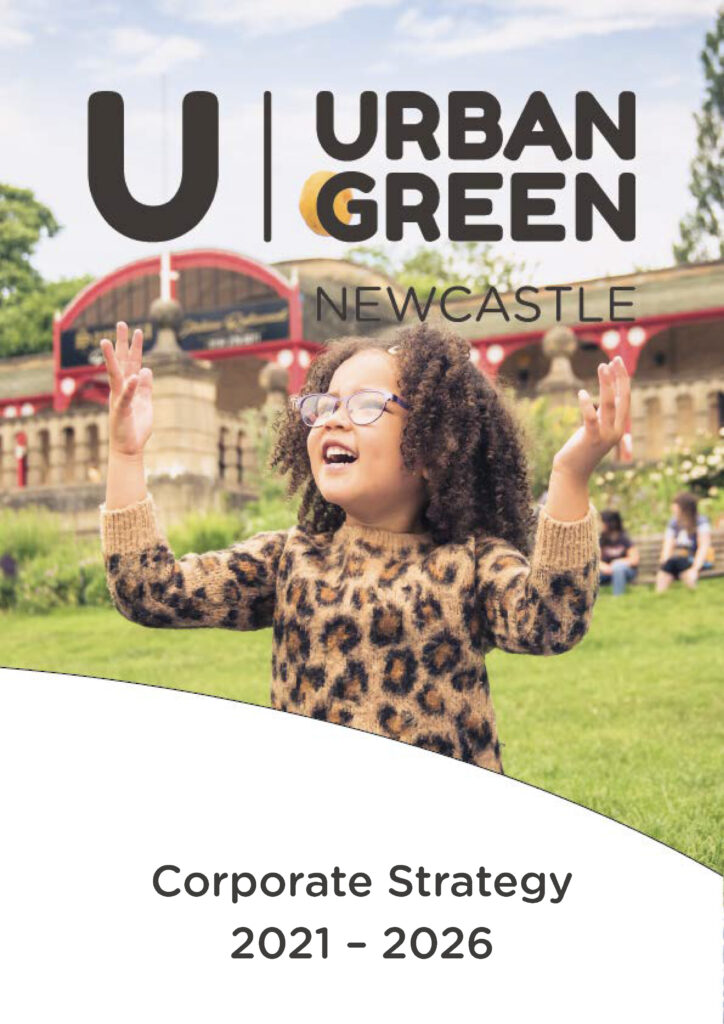In 2014, Newcastle City Council took a bold and visionary step. It began working with the National Trust and National Heritage Lottery Fund to explore whether transferring the city’s parks and allotments to an independent body would reduce costs and improve management and upkeep. Further background information on the process – including Cabinet reports, consultation reports, and Government papers – can be found on the Newcastle City Council website.
Roll forward five years, the Council established the Newcastle Parks and Allotments Trust and appointed an expert Board of Trustees and Chief Executive. Following extensive consultation, a vision, mission and identity for the charity was established, and on 1 April 2019 Urban Green Newcastle took on responsibility for 33 parks, 61 allotment sites, and 57 buildings on a 125 year lease.
The Board of Trustees, who between them shared an impressive set of skills essential for the charity, met quarterly, alongside specialist committees to focus on key issues. In addition, a community engagement panel, Urban Green Connect, fed comments and advice into the Board. A separate commercial company, Newcastle Parks Enterprises Limited, led commercial ventures (e.g. Urban Green Cafe) to generate profits to donate to the charity.
A second layer of governance was provided by the Charity’s Members, who are listed below and were selected to represent the broader interests of the city:
- Newcastle City Council
- Connected Voice (previously Newcastle Council for Voluntary Service)
- National Trust
- Natural History Society of Northumbria
- Newcastle upon Tyne Hospitals NHS Foundation Trust
- Northumbria University
- University of Newcastle
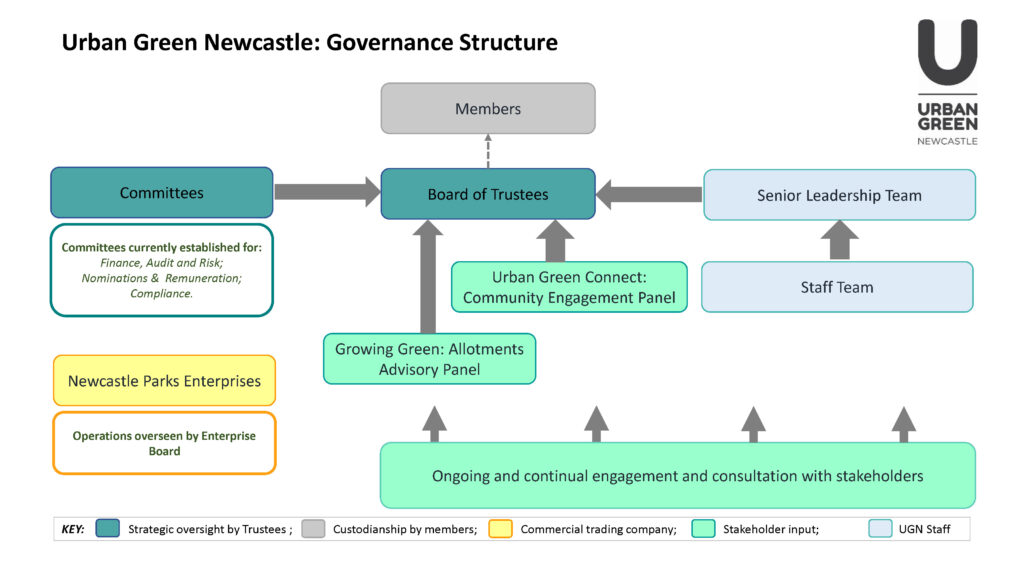
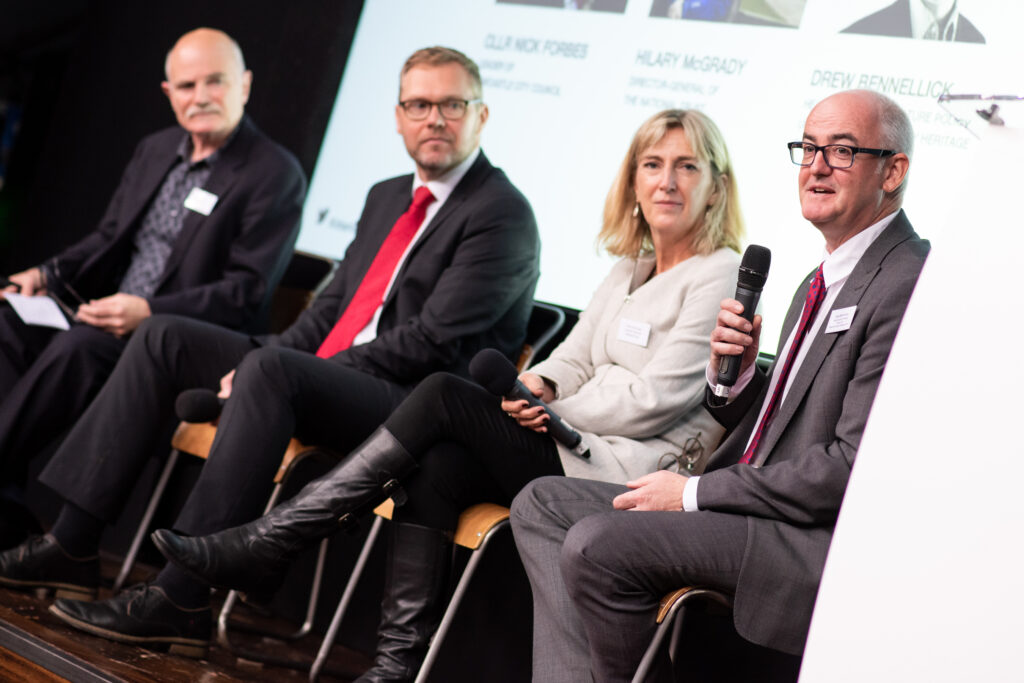
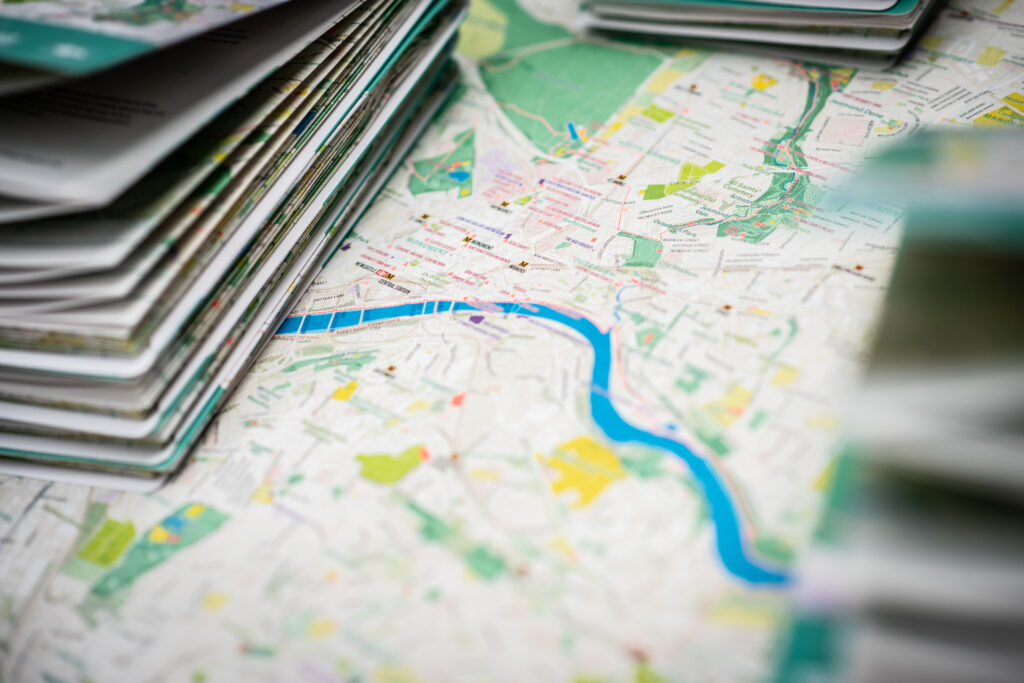
Urban Green Newcastle produced its first Corporate Strategy and departmental plans over the following year which were continually reviewed and developed over its six year lifespan.
Urban Green Newcastle was an innovative approach to the challenges of managing a large portfolio of parks and allotments. Throughout its six years, it continually trialled new approaches to improve the city’s green spaces in a sustainable way. It received huge support and encouragement from the National Trust and National Lottery Heritage Fund (along with multiple partners) and was part of the cohort working on the Government-led initiatives Future Parks Accelerator and Nature Towns and Cities, which explored new ways of generating long-term revenue for quality urban green space.
The ethos and approach of Urban Green Newcastle attracted passionate, committed and skilled staff to its team – all of whom were dedicated to making the model work.

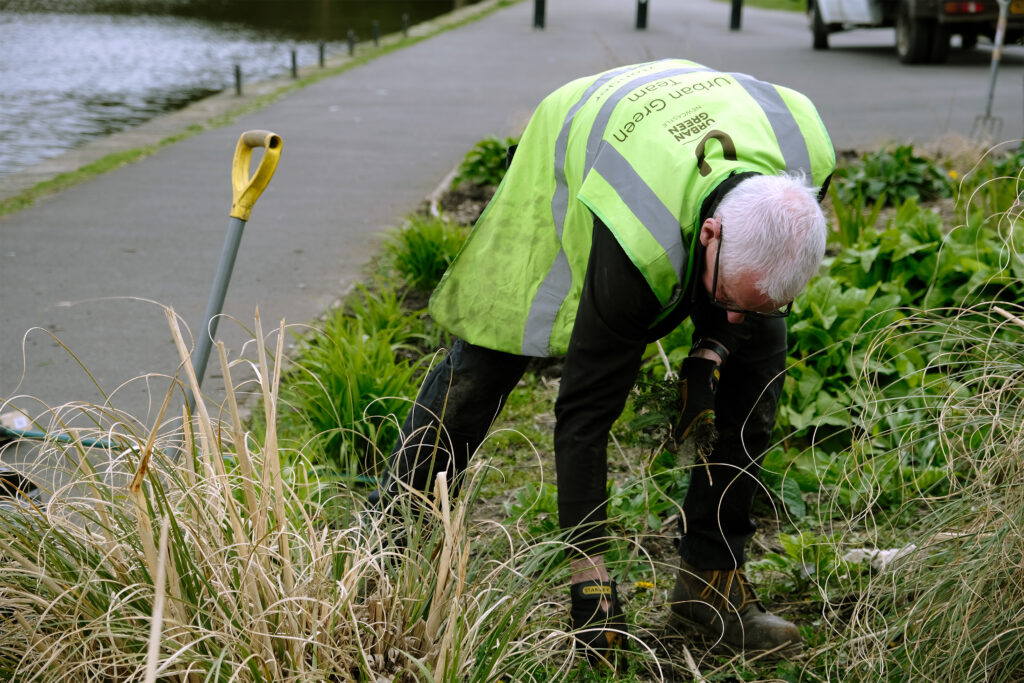
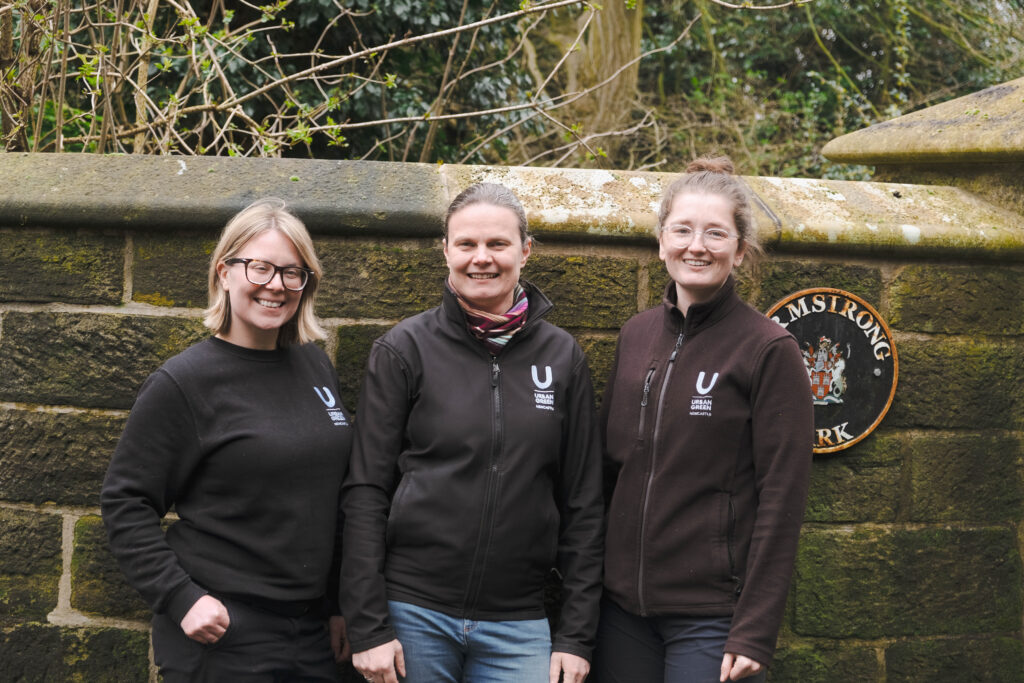
Some of the Urban Green Newcastle team’s favourite memories…
“Continuing to see volunteers develop and their success stories going on to be zookeepers, vets, dog groomers and more!”
“Planning, delivering and seeing the success of the Allotment Festival 2024 – Hard work but fun to do something as a team and see the passion!”
“Enjoying an ice lolly in the sunshine, with the project team, on a brand new picnic bench after completing the Paddy’s Cafe renovation in just 8 weeks!”
“Working with amazing, passionate people every day!”
“Watching UGN grow – not just as a team but as a family.”
“Repairing a bench at Big Waters and having so many members of the public thanking us for letting them enjoy the views again.”
“Watching kingfishers fishing in the Dene”
“Playing tennis with Carol (CEO) during the launch of the refurbished courts. Such a proud moment seeing months of hard work in action”
“The day the cafe had a royal visit from Princess Anne – and trying to figure out the best side to hold a ceremonial spade on!”
“Discovering the joy of litter picking!”
“All the team pulling together for Green Flag was ace!”
“The support and enthusiasm everyone has had for each other’s hard work has helped me grow (professionally and personally) in ways I’d never imagined.”
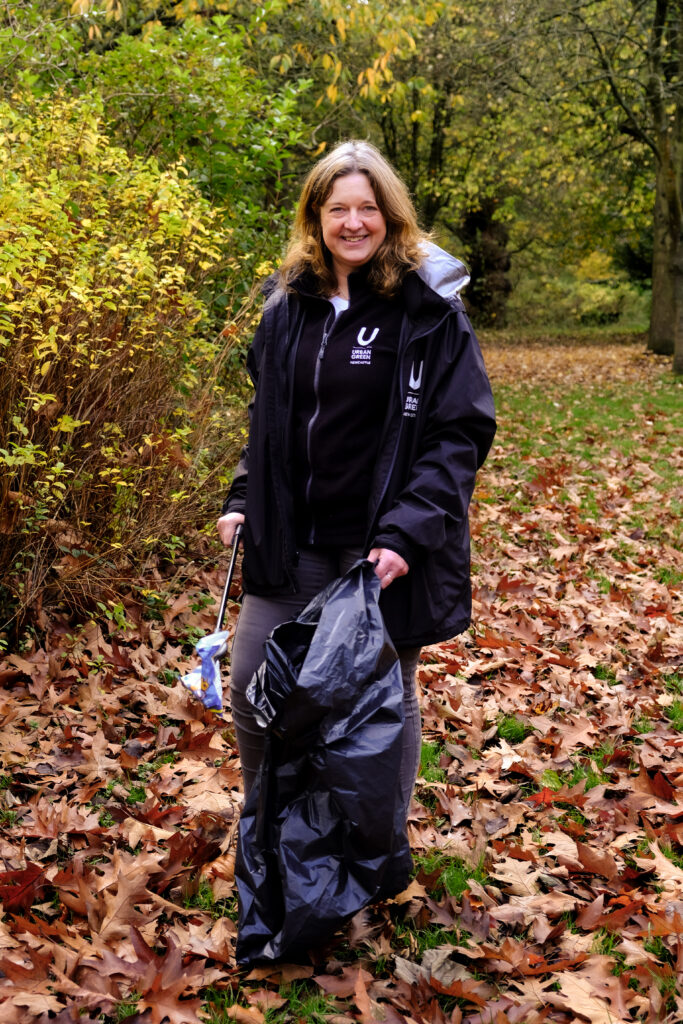
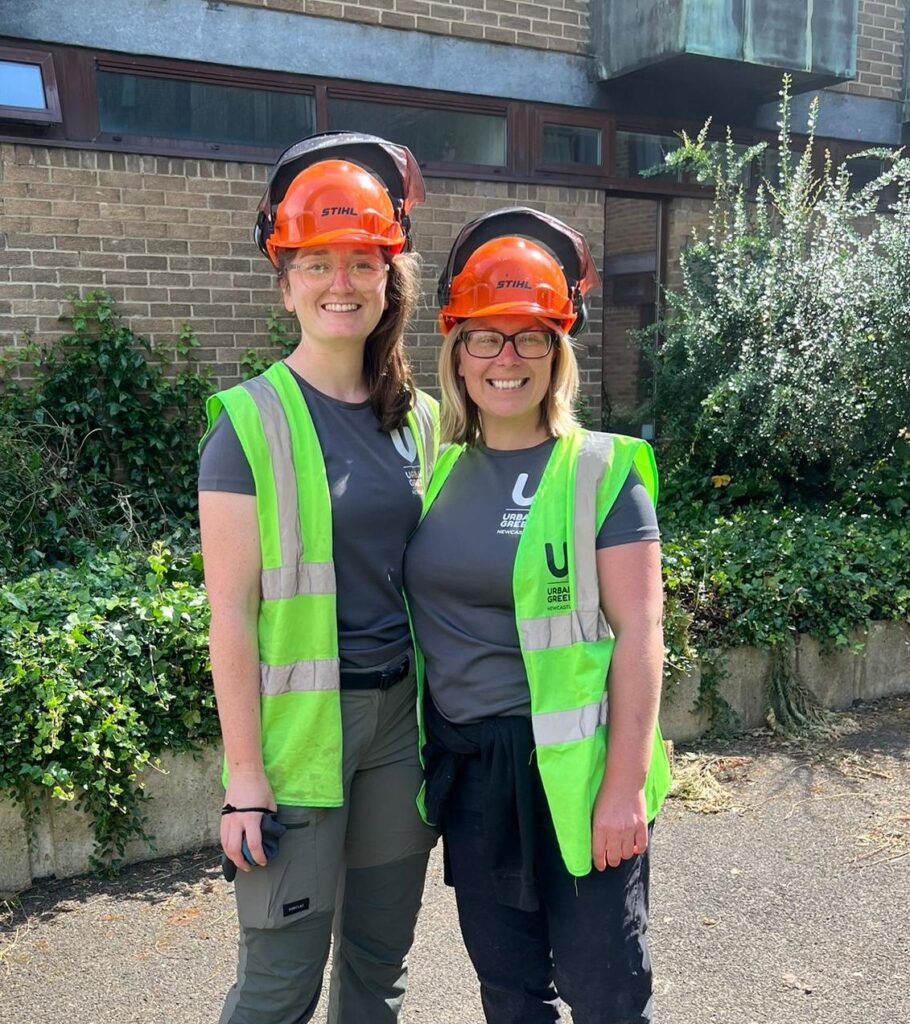
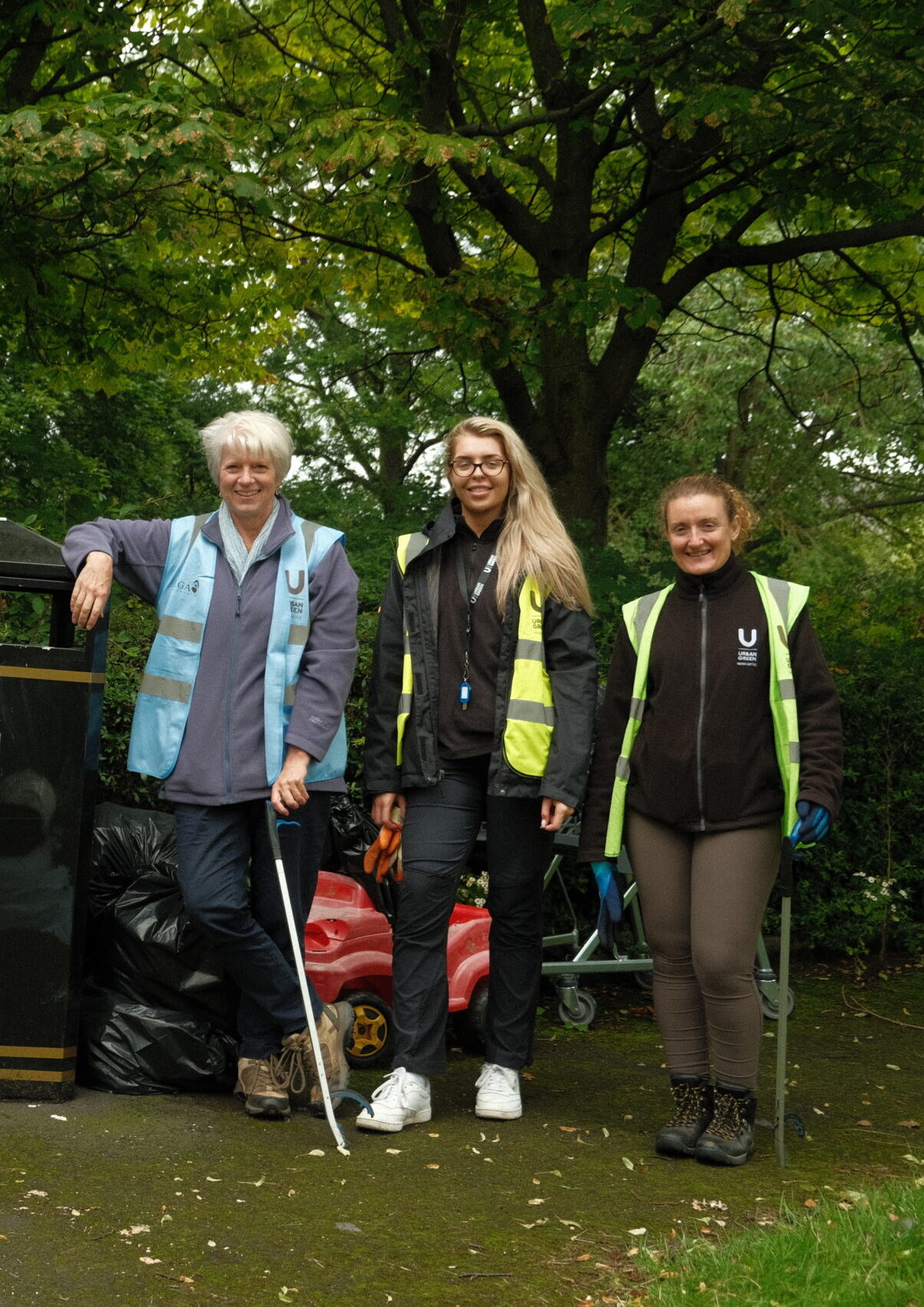
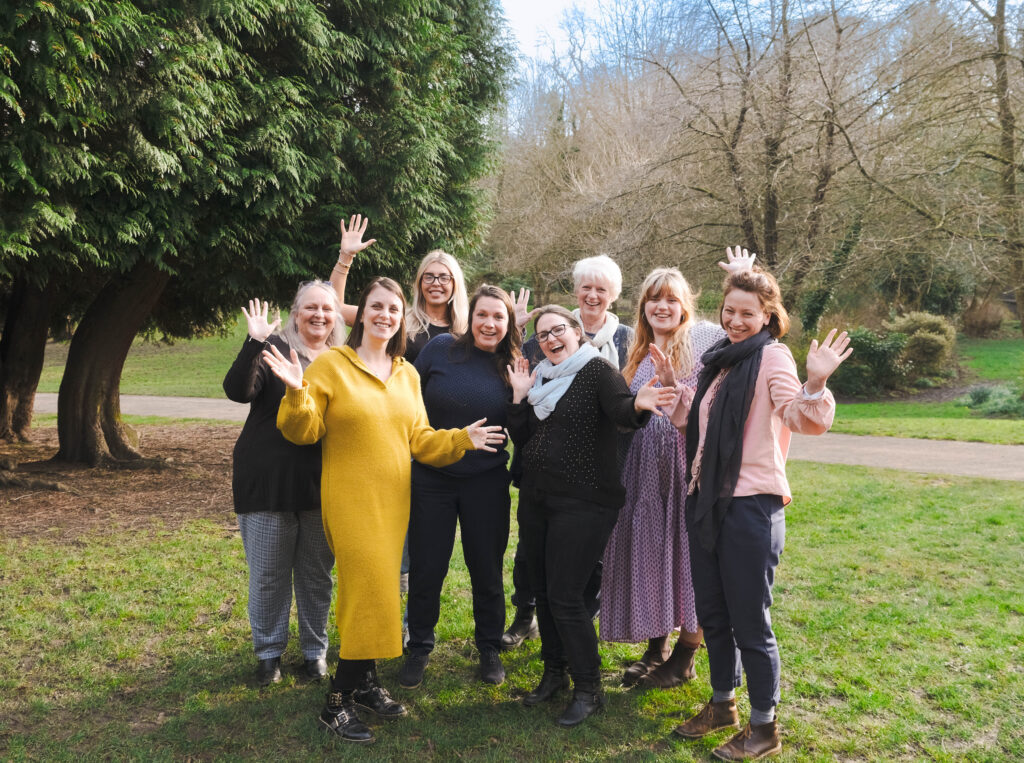
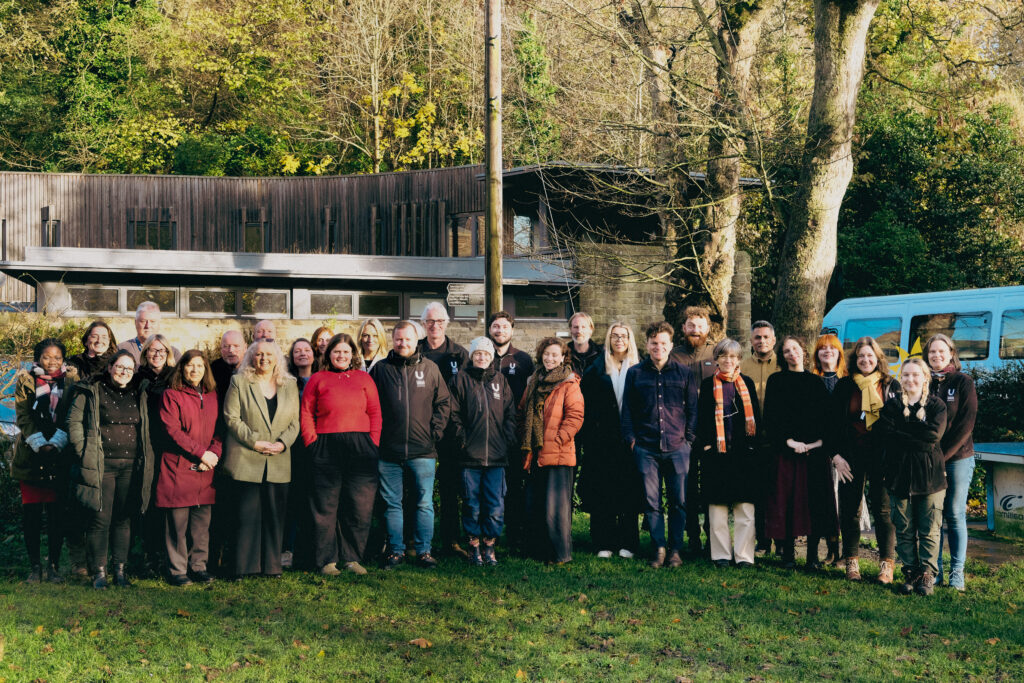
Operating costs and core funding
During the planning stage, the Council produced an Operating Model to guide the new charity. This estimated annual maintenance costs of around £2.1 million (without investment), and proposed core funding from the Council of £7.7 million, with the intention that the charity should become self-financing after 10 years. Additional core funding of just over £1 million was also provided for the financial year 2024/5.
By its fifth year of operation the charity had made efficiencies and was generating 66% of its own funding, with plans for further growth. In addition, Urban Green Newcastle secured £3.7 million of additional grant funding for the city – much of which would not have been available to the Council.
Although the model was not given sufficient time to prove its sustainability, it generated valuable learning, and the Trustees were confident that – given time – the charity would move close to financial self-sufficiency. However, Urban Green Newcastle’s ability to generate funding within the 10-year timescale was severely impacted by external events, in particular:
- The global COVID 19 pandemic. This put the new organisation into crisis management within its first year, and commercial activities were severely restricted for over 18 months.
- The severe winter storms of 2021/2, which required rapid response to over 500 fallen/damaged trees.
- The financial downturn and rising inflation.
There were four other significant limiting factors:
- The underestimation at transfer of the poor condition and level of investment required for the parks, buildings and allotments, due to a prolonged period of austerity and subsequent funding cuts by the Council.
- No provision of an endowment to underpin the Charity’s finances.
- Unrealistic initial expectations of revenue generation.
- A reduction in political support for the model or partnership working.
As a result of these challenges, Newcastle City Council made the decision in November 2024 to bring control back in house.
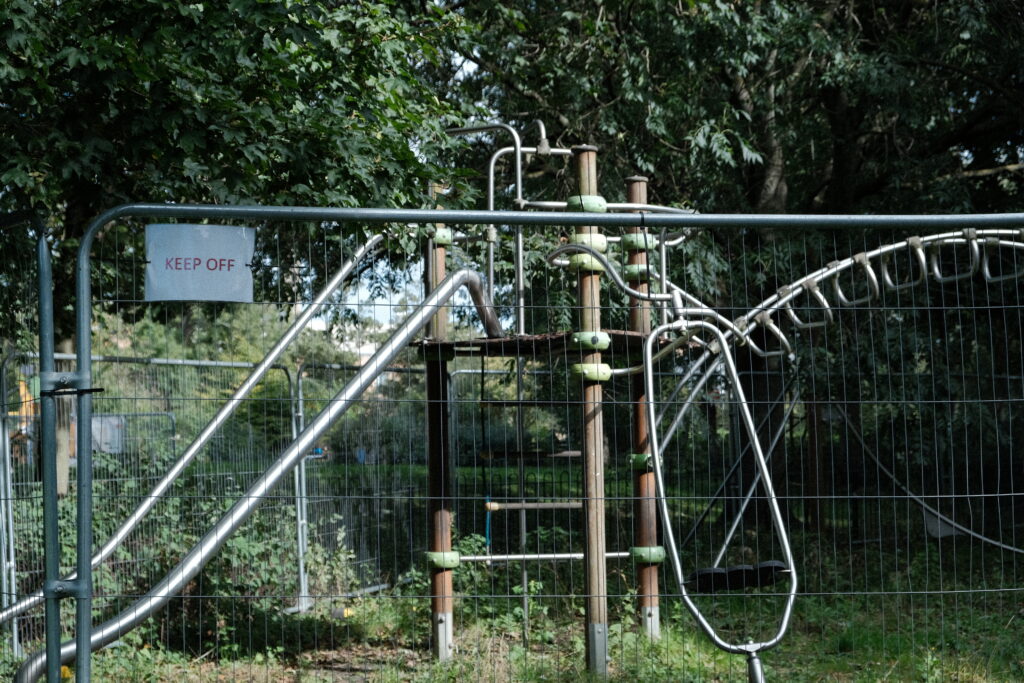
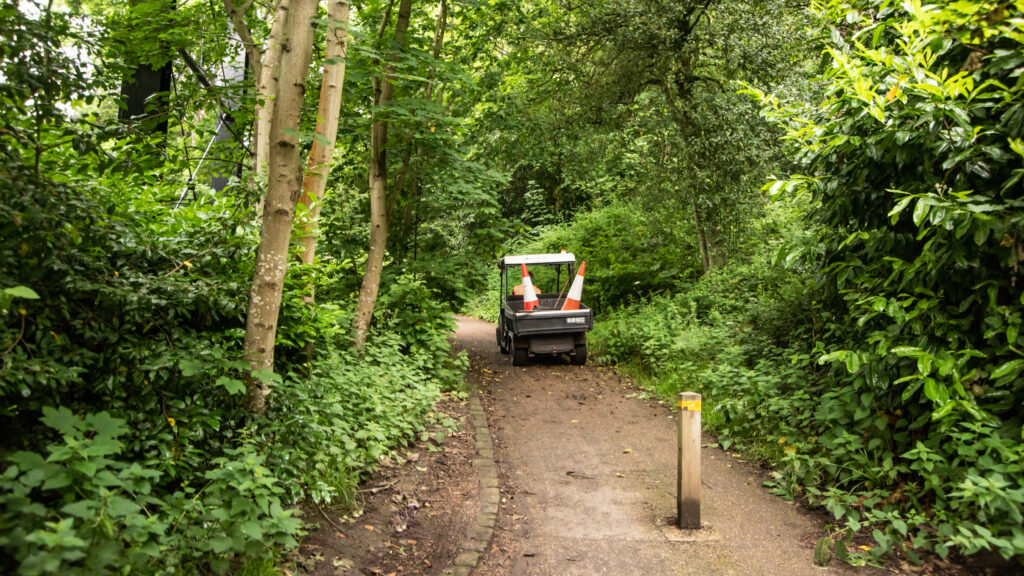
Impact of the COVID 19 pandemic
The COVID 19 pandemic of 2020-21 put a huge strain on Urban Green Newcastle’s resources – particularly as the charity was not yet a year old. The city’s parks and allotments were a vital refuge for people during this time, and the charity’s small team of dedicated staff worked tirelessly to keep facilities open, safe and accessible wherever possible.
However, as with all green space nationally, the charity faced increased levels of anti-social behaviour during this time – including a huge surge in littering, forced entry into locked facilities, and abuse from local people unhappy at the restrictions put in place by the Government.
The pandemic also had long-term implications for the charity. Income streams were halted, scheduled works had to be rearranged, and staff resources were diverted into COVID-related activities. At the same time, the essential support from partners and volunteers was halted, and Urban Green Newcastle – along with similar organisations across the country – noticed a significant drop in volunteering post-pandemic.
In revising the charity’s business and financial plans, the Trustees estimated that the pandemic had put the charity back at least two years in its plans for raising income and support. It is testament to the hard work of all those involved that by the time of its closure in 2025, the charity was raising 66% of its own funding and on track to become financially self-sufficient.
Independent evaluation
An independent evaluation of Urban Green Newcastle’s operational and economic model has been undertaken.
As a registered charity, Urban Green Newcastle (1182534) submitted its accounts and annual returns to the Charity Commission.


